Vietnam's Secretive Communist Party Congress Meets to Pick New Leaders
Vietnam starts a once-in-five-years political transition as Communist Party delegates meet in Hanoi this week to pick a new slate of leaders. The challenges that lie ahead include reforming state-owned enterprises, implementing new trade pacts and dealing with tensions over maritime territory with China.
The congress, which begins Wednesday with a closed-door planning session followed by an opening ceremony Thursday, will also approve a five-year economic blueprint. Here’s what’s at stake in the leadership change:

Who Will the New Leaders Be?
The central committee will choose the next party general secretary -- one of the most influential roles in the country --- in secret near the end of the congress. Delegates vote on members of a new central committee, which in turn picks the general secretary and politburo members. Officials aligned with the new general secretary will be voted on by parliament in May or June for posts including prime minister and cabinet members.
Prime Minister Nguyen Tan Dung, who has pushed for trade pacts and reforms in the state sector, is in the running for party general secretary against incumbent Nguyen Phu Trong, who represents a more conservative block in the party and is seeking to extend his term.
Limiting State Role in Business
The new leadership will benefit from an improving economy, with growth forecast to hold at 6.7 percent this year, according to Bloomberg surveys. Exports rose 8.1 percent in 2015 from a year earlier to $162.4 billion, with 71 percent coming from foreign companies.
But economists and foreign investors have urged the government to pursue more aggressive reforms of long-protected state enterprises that dominate sectors such as banking, telecommunications and mining, with the banking system weighed down by bad debt.
The latest draft of the five-year plan acknowledges the importance of the private sector, calling for faster privatization of state-owned companies and a crackdown on corruption. Leaders will have to come up with a plan to meet requirements of new trade pacts with the European Union, South Korea and the 12-nation Trans-Pacific Partnership.

Hitting Targets
The five-year plan calls on the government to lift gross domestic product per capita to $3,200 to $3,500 by 2020 from the current International Monetary Fund estimate of about $2,170, and targets annual economic growth of as much as 7 percent. If the country hits these goals, Vietnam will have one of the fastest growing economies in the Asia-Pacific region, according to the IMF. Inflation will be kept below 5 percent and the budget deficit capped at 4 percent of GDP.
Vietnam’s long-term goal to become an industrialized economy, though, will not be attainable unless the government continues with reforms, said Trinh Nguyen, a Hong Kong-based senior economist for emerging Asia at Natixis SA. “Vietnam will be stuck in the middle income trap if it does not reform its economic system,” she said.
Friendly or Not-So-Friendly Neighbor
With a coastline of about 3,400 kilometers (2,100 miles) along one of the world’s busiest sea cargo lanes, Vietnam holds strategic importance for China as its neighbor jockeys for regional influence with the U.S.

Vietnam’s historic and ideological ties to China make it a natural ally, but territorial tensions over the South China Sea (and the two countries fought a brief border war in 1979) have seen Vietnam drift diplomatically and economically closer to the U.S. and Japan.
Tensions rose this month after Chinese planes landed on a new airstrip on reclaimed islands in the Spratly chain, triggering protests from Vietnam. Vietnam said on Tuesday it had demanded that China remove an oil rig it has parked in disputed waters.
Still, leaders from the party’s conservative wing may not be as willing as Dung toantagonize China, the country’s largest trading partner.
Curbing Dissent
Vietnam’s government is sensitive to internal criticism, though crackdowns on dissent appear smaller than previous transition periods, according to Zachary Abuza, a professor at the National War College in Washington, D.C. This month the government issued a warning about Internet postings tarnishing the images of leaders. In December, U.S. Ambassador to Vietnam Ted Osius criticized the government for the “harassment and detentions of peaceful human rights advocates.”

Investor Stability
The power transition, while full of insider intrigue and infighting, is expected to be smooth and peaceful. Political stability is highly prized and has been a factor in encouraging foreign investment. Vietnam’s disbursed foreign direct investment surged 17.4 percent to a record-high of $14.5 billion last year from 2014. The change in leadership will not cause investors to reconsider their Vietnam strategy, according to Raymond Burghardt, U.S. ambassador to Vietnam between 2001 and 2004. The party congress ends Jan. 28.

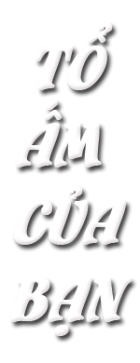
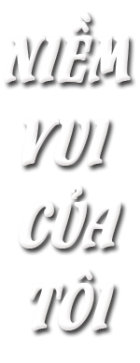
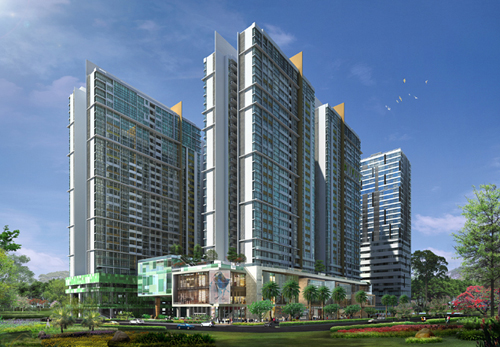
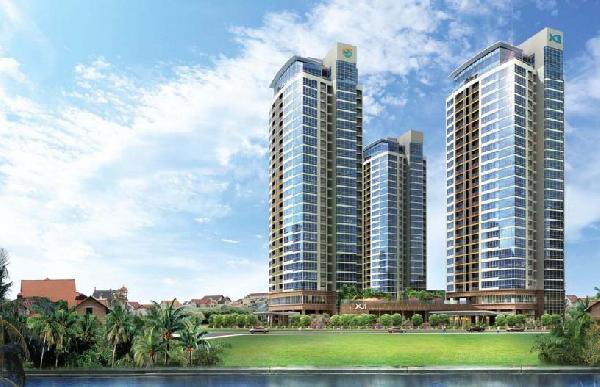
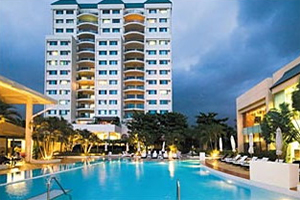

-188x135.jpg)
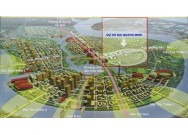

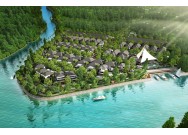
-188x135.jpg)
